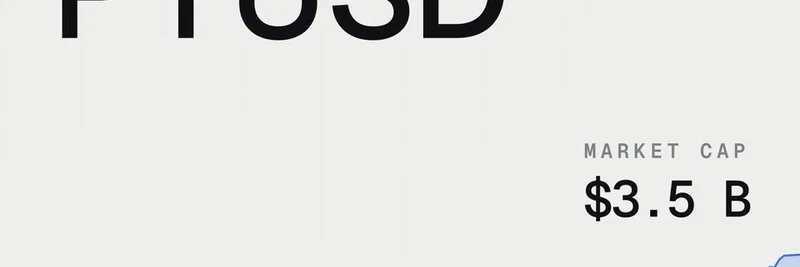In the fast-paced world of cryptocurrency, where meme tokens and DeFi projects often blend hype with innovation, the latest buzz surrounds World Liberty Financial (WLFI). A tweet from BSCNews has spotlighted a troubling update: users are reporting wallet freezes, forced Know Your Customer (KYC) procedures, and even unapproved movements of their assets. Sourced from CoinTelegraph, this news has sent ripples through the blockchain community, especially among those invested in politically flavored crypto ventures.
For those new to the scene, WLFI is a decentralized finance (DeFi) platform linked to former U.S. President Donald Trump and his family. Launched with promises of financial freedom and community governance, it quickly gained traction, partly due to its meme-like appeal in the crypto space. Meme tokens thrive on cultural and political narratives, and WLFI's association with a high-profile figure like Trump has made it a hot topic among traders seeking the next big pump.
But recent reports paint a different picture. According to CoinTelegraph's coverage, prominent crypto figure Justin Sun has publicly urged WLFI to unlock his "unreasonably" frozen tokens. This came after blockchain intelligence platforms flagged a suspicious $9 million transfer, leading to his wallet being blacklisted. Sun's case isn't isolated; other users, including a Polygon developer, have accused the project of essentially "stealing" their tokens by refusing to lift restrictions, labeling it as "the new age mafia" in another CoinTelegraph article.
What's behind these freezes? It seems WLFI's team is enforcing stricter compliance measures, including sudden KYC requirements that weren't initially emphasized. KYC, short for Know Your Customer, is a regulatory process where users verify their identity to prevent fraud and money laundering. While common in centralized finance, it's often viewed with skepticism in DeFi circles, where anonymity is prized. The unapproved asset movements—where funds are shifted without user consent—raise even bigger red flags, potentially violating the core principles of blockchain ownership.
This isn't the first hiccup for WLFI. Earlier reports, like Justin Sun's address being blacklisted post-transfer, highlight ongoing concerns about trading restrictions and price volatility. Even as the project floats ideas like a USD1 airdrop to holders, as mentioned in this piece, the community's trust is eroding. CoinTelegraph's latest news roundup notes that WLFI's "community governed" image is strained due to these wallet freezes, underscoring a disconnect between promises and reality.
For meme token enthusiasts, this serves as a cautionary tale. While projects like WLFI leverage viral narratives—think Trump memes and liberty-themed branding—to attract investors, they can come with hidden risks. Always check for transparent governance, audit reports, and community feedback before diving in. If you're holding WLFI or similar tokens, monitor your wallet closely and consider diversifying to mitigate potential freezes or losses.
As the story develops, stay tuned to Meme Insider for more updates on how this impacts the broader meme token ecosystem. Whether it's a bump in the road or a sign of deeper issues, one thing's clear: in crypto, vigilance is key.



